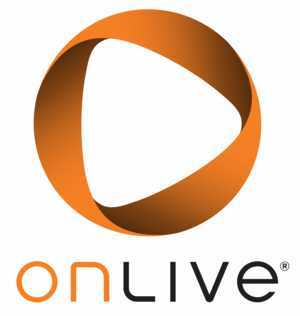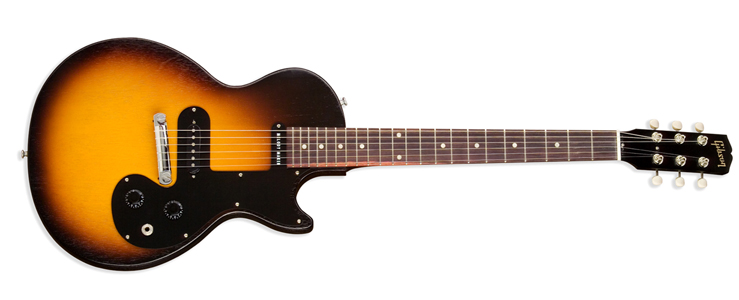 OnLive announced that it was awarded a patent that it alleges is a “fundamental cloud gaming patent.” The patent, USP 7,849,491, is entitled “Apparatus and method for wireless video gaming” was filed in 2002 but just issued in December 2010 after an 8 year battle with the Patent Office. According to a company press release:
OnLive announced that it was awarded a patent that it alleges is a “fundamental cloud gaming patent.” The patent, USP 7,849,491, is entitled “Apparatus and method for wireless video gaming” was filed in 2002 but just issued in December 2010 after an 8 year battle with the Patent Office. According to a company press release:
Cloud gaming is a breakthrough technology where video games run on
remote servers, and users simply connect an Internet-connected device–be it a TV, PC/Mac®, iPad™, Android™ tablet, smartphone–and instantly are
able to play the highest performance, new-release games with no discs,
no downloads and no upgrades. OnLive’s patented and patent-pending
technology makes the games almost instantly responsive, providing a
gaming experience comparable to the games being played locally, even
though they may actually be running on servers 1000 miles away.
As often is the case with seemingly fundamental patents, there has been quite a bit of stir in the press. Many non-patent attorneys have commented and opined on the patent which has fanned the fires. Not all of the commentary has been factually based.
A review of the file from the Patent Office reveals some interesting facts. The original patent had claims that focused mostly on a set-top box. For example, original claim 1 recited:
1. A set-top box comprising:
a slot with an interface that connects to a game card providing a platform to run a software video game, the game card outputting video game data through the interface; a unit to process the video game data for output to a display device; a wireless transceiver to receive the software video game via a wireless local area network (WLAN).
It also included a method claim as follows.
15. A method of operating a video game box comprising:
inserting a game card into a slot of the video game box;
downloading a software video game via a wireless transceiver;
running the software video game on the game card, video game data being output through an interface of the slot;
processing the video game data for output to a display device.
However, the claims that were granted by the Patent Office were different. For example, claim 1 of the issued patent recites:
1. A method of operating a video game box comprising: downloading a
software video game to a storage device via a wireless transceiver, the
software video game being compliant with a game platform standard; running the software video game on a game card
coupled to the video game box via an interface, the game card including a processor, a memory and a graphics engine, the game card providing a
game platform compliant with the game platform standard, high twitch-action video game data being output
through the interface; processing the high twitch-action video game
data for output to a display device; compressing the high twitch-action video game data with a latency of less than approximately 80 ms, but greater than about 5 ms; wirelessly
transmitting the compressed high twitch-action video game data to a
remote player via the wireless transceiver during interactive play of
the software video game, the remote player being located a distance beyond a transmission distance of the wireless
transceiver.
The patent includes other claims as well, which differ from those for which OnLive originally applied. In order to properly assess the scope of this (or any other) patent it is necessary to analyze the claims that were actually awarded. In many cases, awarded claims are not necessarily as broad as those a company originally pursued. Yet, commentators often overlook this, creating misconceptions about the scope of a given patent.
At least one of OnLive’s competitors says it is not concerned about the patent. Dave Perry, CEO of Gaikai, reportedly says his company isn’t worried about the fallout,
because its service operates in a different way. Both services do game rendering
on the server-side and then stream the images to the client, but Gaikai remains
confident moving forward.
If you have questions about the legal scope of a patent, it is advisable to consult with a knowledgeable patent attorney.
 Internet & Social Media Law Blog
Internet & Social Media Law Blog




 st 745 LLC (d/b/a Seven45 Studios) asserting “Power Gig” violates its U.S. Patent Number 5,990,405, titled “System and method for generating and controlling a simulated musical concert experience.” The claims center on “Power Gig” and its related components, which includes a guitar-style controller. Gibson is claiming that the game, in conjunction with a gaming console (Sony’s Playstation 2 and Microsift’s Xbox 360), contains elements that infringed its rights under the ‘405 patent. In addition to a claim for direct infringement, Gibson alleges contributory patent infringement and inducement of infringement. Gibson is seeking a preliminarily and permanently injunction, treble damages and attorneys’ fees.
st 745 LLC (d/b/a Seven45 Studios) asserting “Power Gig” violates its U.S. Patent Number 5,990,405, titled “System and method for generating and controlling a simulated musical concert experience.” The claims center on “Power Gig” and its related components, which includes a guitar-style controller. Gibson is claiming that the game, in conjunction with a gaming console (Sony’s Playstation 2 and Microsift’s Xbox 360), contains elements that infringed its rights under the ‘405 patent. In addition to a claim for direct infringement, Gibson alleges contributory patent infringement and inducement of infringement. Gibson is seeking a preliminarily and permanently injunction, treble damages and attorneys’ fees. 
